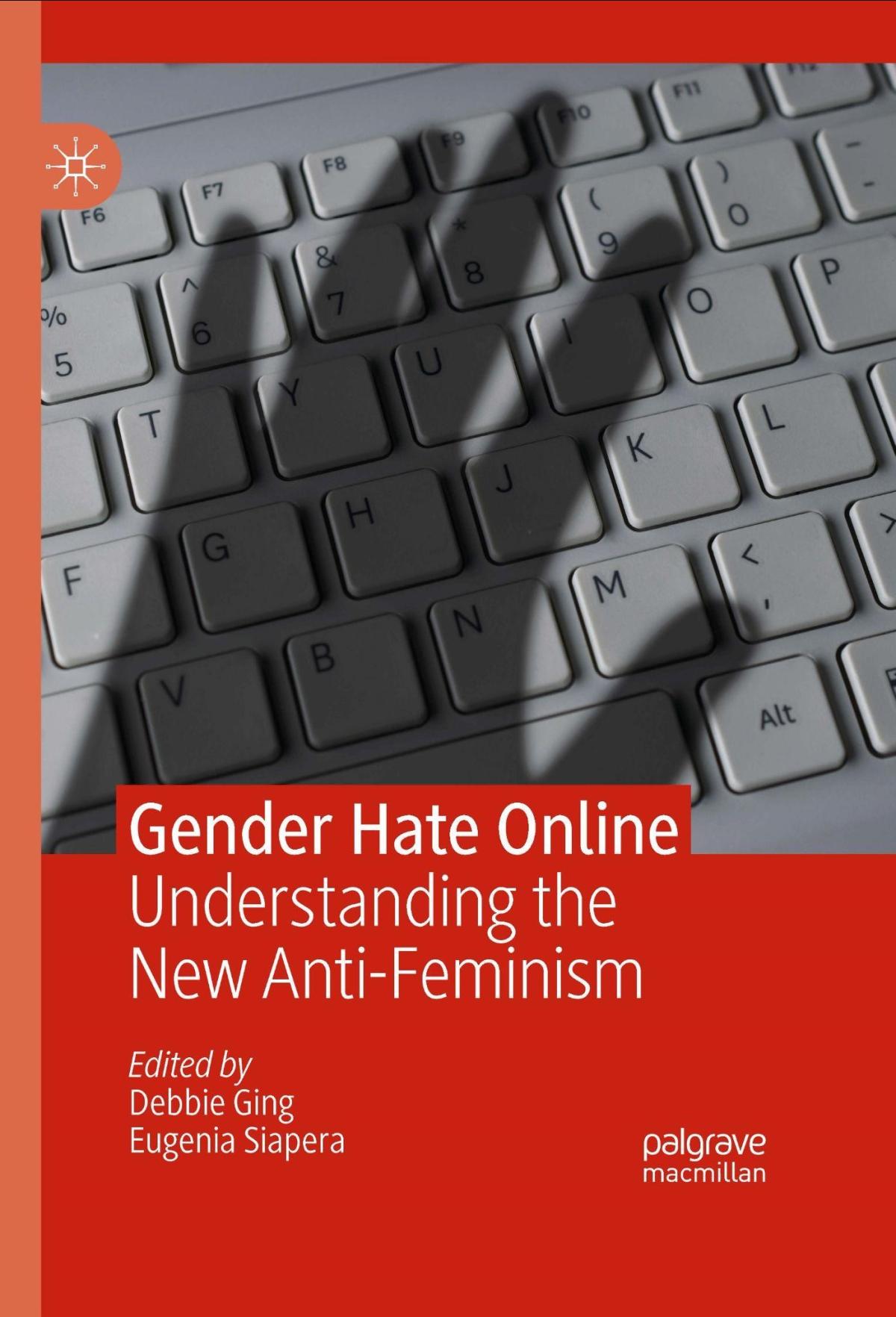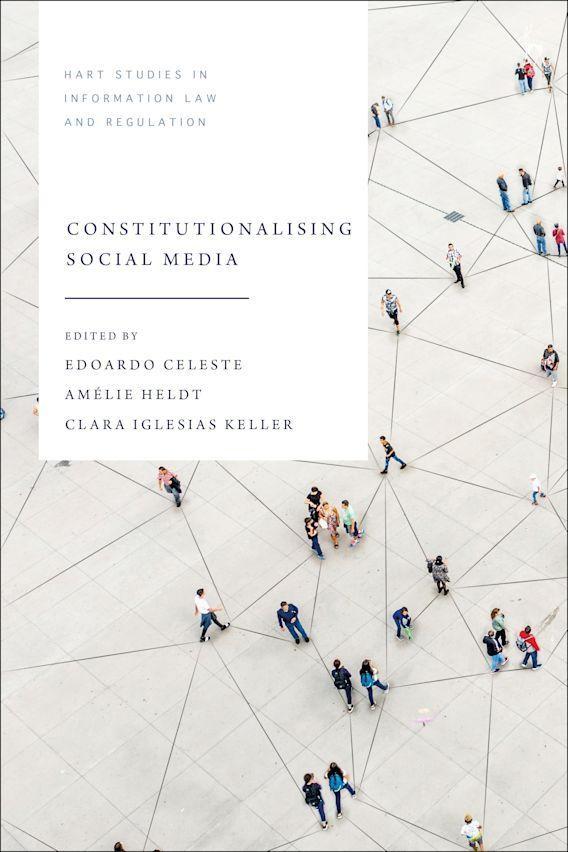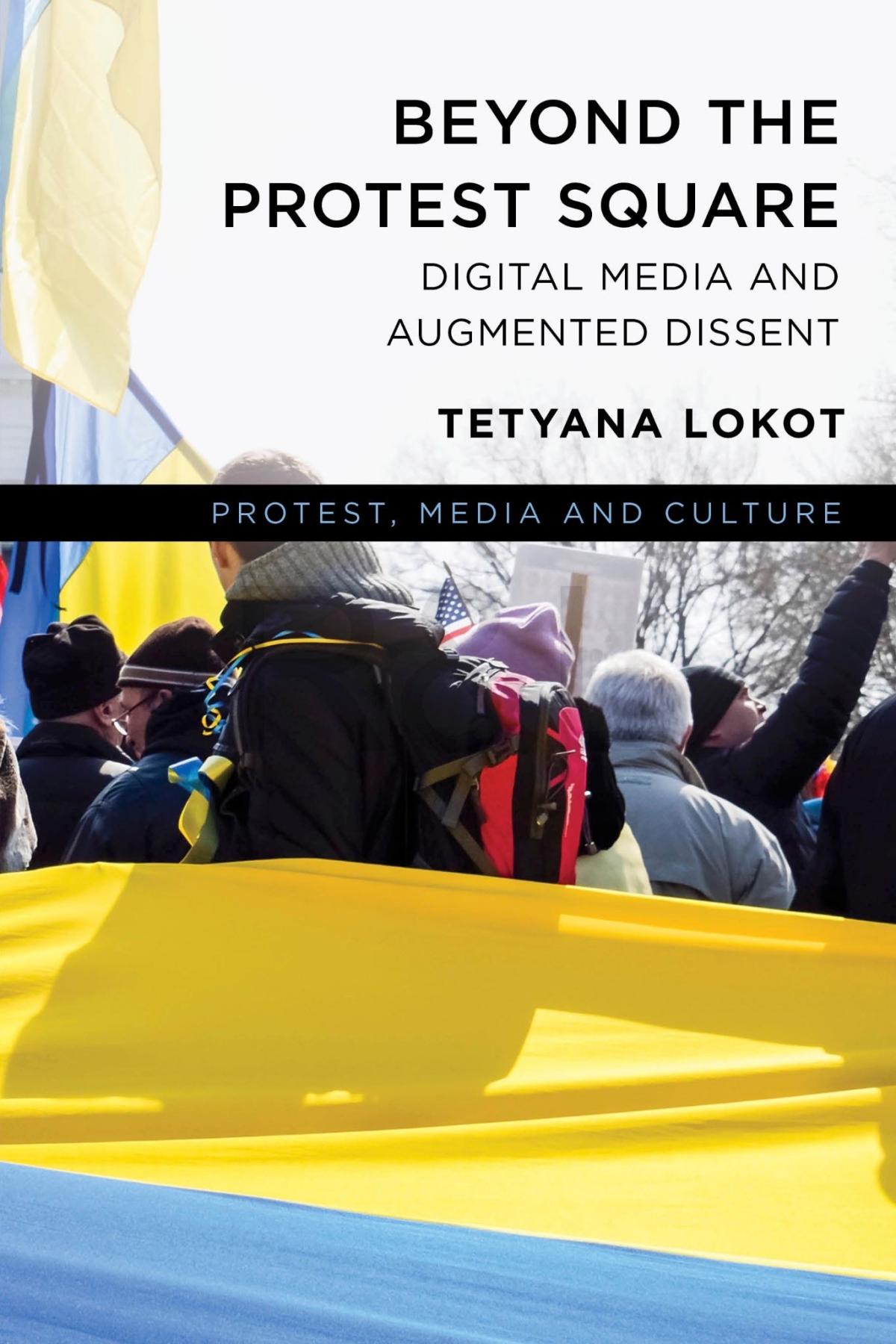
Research Newsletter - Issue 72: Spotlight
Brave new world?
Four Faculty of Humanities and Social Sciences scholars at the cutting edge of research on digital society

As our world becomes increasingly digitised, new social formations and modes of communication have brought with them significant new challenges, which cut across multiple disciplines and subdisciplines: from law, economics and sociology to politics and science + technology studies. In a relatively short time, the platforms designed by a small number of technology companies have radically transformed the ways in which we communicate, learn, consume, and socialise. These developments have unprecedented significance for national and transnational economies, as well as for almost every aspect of their associated ‘superstructures’.
In DCU, Humanities and Social Sciences scholars have been to the fore in addressing the impacts of this new digital world order on education, health, security, law and governance, political communication, and gender relations. Our strong tradition in interdisciplinary research has enabled us to tackle multi-faceted contemporary phenomena such as online terrorism, disinformation, far-right extremist online groups, content moderation, the role of social media in Russia’s war on Ukraine, and sexual and gender-based abuse online. Faculty of Humanities and Social Sciences (FHSS) researchers use a diverse set of approaches to explore these diverse online communities and publics: from examining governance frameworks regulating communities online and looking at the role of social media platforms in mobilisation to understanding the dynamics and norms of fringe groups online, from far-right extremists to men’s rights activists.
Here are some examples of the research FHSS scholars are conducting:

Gender Hate Online
Debbie Ging
Dr Debbie Ging is Associate Professor of Digital Media and Gender at the School of Communications. Debbie’s research addresses the problem of gender-based and sexual abuse and harassment online, as well as the male supremacist and anti-woman communities responsible for many of these misogynist ideas and behaviours. An international expert on the manosphere and on the incel (involuntary celibate) community in particular, Debbie has published numerous widely cited papers, and is co-author of Gender Hate Online: Understanding the New Anti-Feminism (Palgrave Macmillan, 2019).
She is currently working on four externally funded projects: sexual and gender-based violence in schools; developing a digital video game for youth to tackle sexism and online abuse; tracking the online contagion of incel and male supremacist ideology in the UK and Ireland; and tracking pathways of participation in anti-women online movements in Australia and Ireland. Debbie has made a number of podcasts on reactionary digital politics, online misogyny, incels and the manosphere.

Vox Pol
Maura Conway
Prof. Maura Conway is Paddy Moriarty Professor of Government and International Studies and Professor of International Security in the School of Law and Government. She is Coordinator of VOX-Pol, a EU-funded project on violent online political extremism. Maura’s principal research interests are in the area of terrorism and the internet, including cyberterrorism, the functioning and effectiveness of violent political extremist online content, and violent online radicalisation.
She is the author of over 40 articles and chapters in her specialist area(s). Her research has appeared in, amongst others, Studies in Conflict & Terrorism, Media, War & Conflict, Parliamentary Affairs, and Social Science Computer Review. Maura has presented her findings before the United Nations in New York, the Commission of the European Union in Brussels, the UK House of Lords, and elsewhere. She is a member of the Academic Advisory Board of Europol’s Counter-terrorism Centre and a member of the Editorial Board of Terrorism and Political Violence.

Constitutionalising Social Media
Edoardo Celeste
Dr Edoardo Celeste is an Assistant Professor of Law, Technology and Innovation at the School of Law and Government, where he directs the new Erasmus Mundus Masters in Law, Data and AI (EMILDAI). Edoardo is known for his works on digital constitutionalism and the social media environment. He wrote on the need to embody constitutional principles in the terms of service of social media (read here his article on terms of service as bills of rights) and on the responsibility of online platforms in enforcing human rights online (see here his recent piece on deplatformisation). In 2022, Edoardo co-edited Constitutionalising Social Media (Oxford: Hart 2022), the first book to apply a constitutional law lens to the interdisciplinary study of social media governance.
Edoardo is the coordinator of the DCU Law & Tech Research Cluster, and he works on multiple competitively-won research projects including Digital constitutionalism and online content moderation, funded by Facebook Research, which investigates the relation between platform values and human rights standards.

Beyond the Protest Square
Tanya Lokot
Dr Tanya Lokot is Associate Professor of Digital Media and Society at the School of Communications. Her research focuses on digital rights and online freedoms in Eastern Europe and beyond. Her 2021 book, Beyond the Protest Square: Digital Media and Augmented Dissent (Rowman & Littlefield), is an in-depth study of protest, identity and digital media in Ukraine and Russia. She is currently examining the role of digital platforms and networked publics in contentious politics (see this op-ed in The Washington Post) and the pressures platforms face in authoritarian regimes (see op-ed for Centre for European Policy Analysis).
She has recently published articles on the role of Telegram in the 2020 Belarus (Post-Soviet Affairs) and the role of diaspora networks in Ukraine’s Euromaidan protests (Partecipazione & Conflitto). She is also examining the role of social media and online communities in Russia’s ongoing invasion of Ukraine (she discusses these in this recent Indo Daily podcast).
Get in touch:
If you wish to find out more about the research highlighted or to explore collaborative opportunities please don't hesitate to reach out to any of the researchers above or to the FHSS Associate Dean for Research, Prof. Sharon O'Brien (sharon.obrien@dcu.ie).
